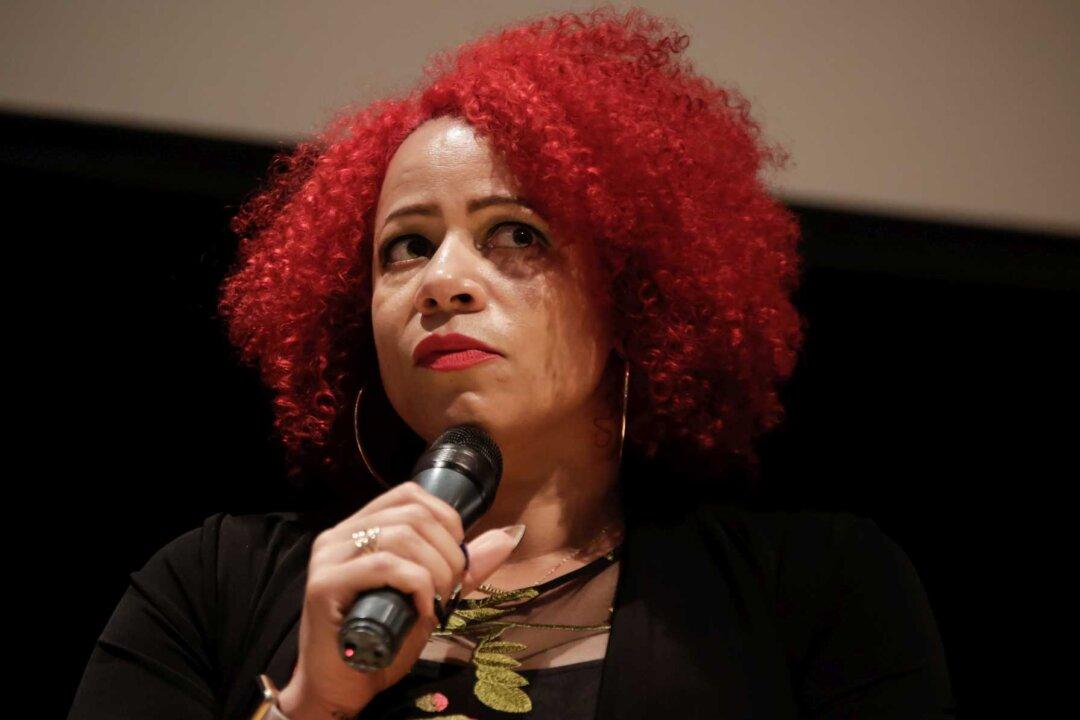Nikole Hannah-Jones, the leading author of The New York Times’ revisionist “1619 Project,” says that parents shouldn’t decide what is being taught in schools.
During an interview on NBC’s “Meet the Press,” Hannah-Jones was asked about the debate on how much control parents should have over what their children learn in school. The issue became prominent in this year’s Virginia gubernatorial race, which, as host Chuck Todd noted, was “arguably decided on the strength of how influential should parents be on curriculum.”





